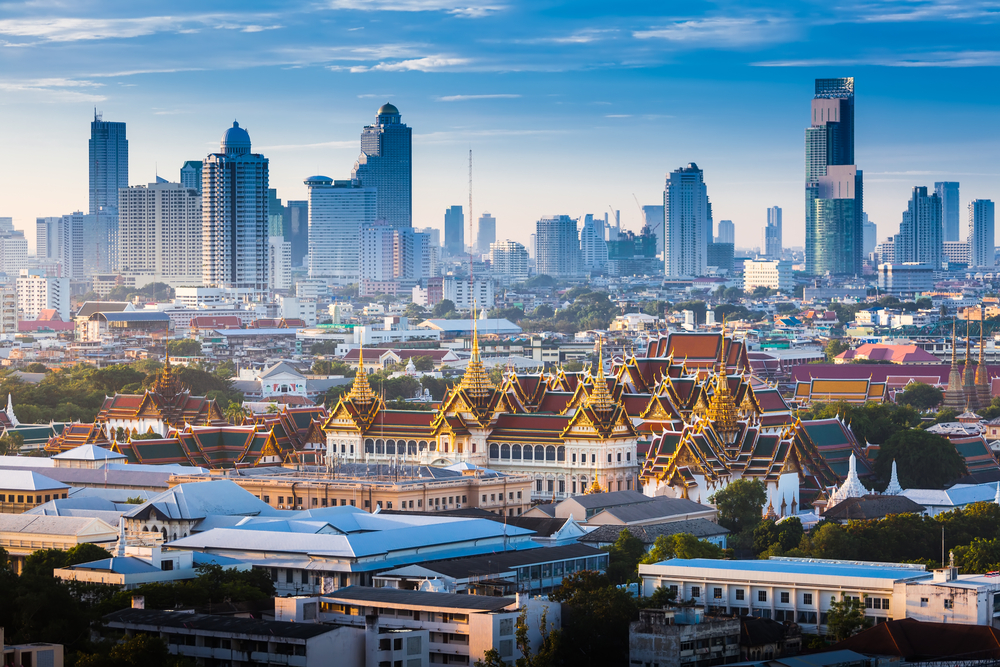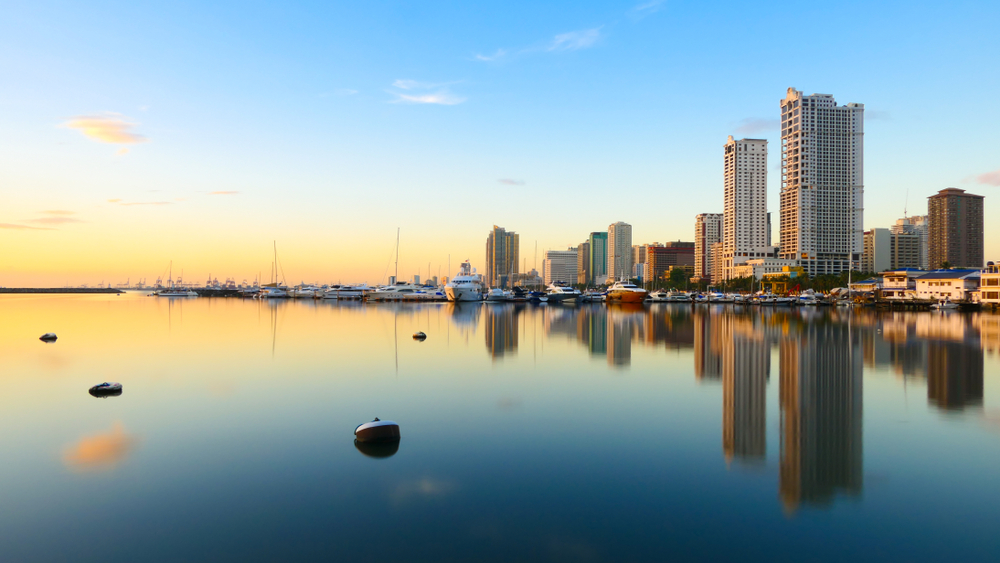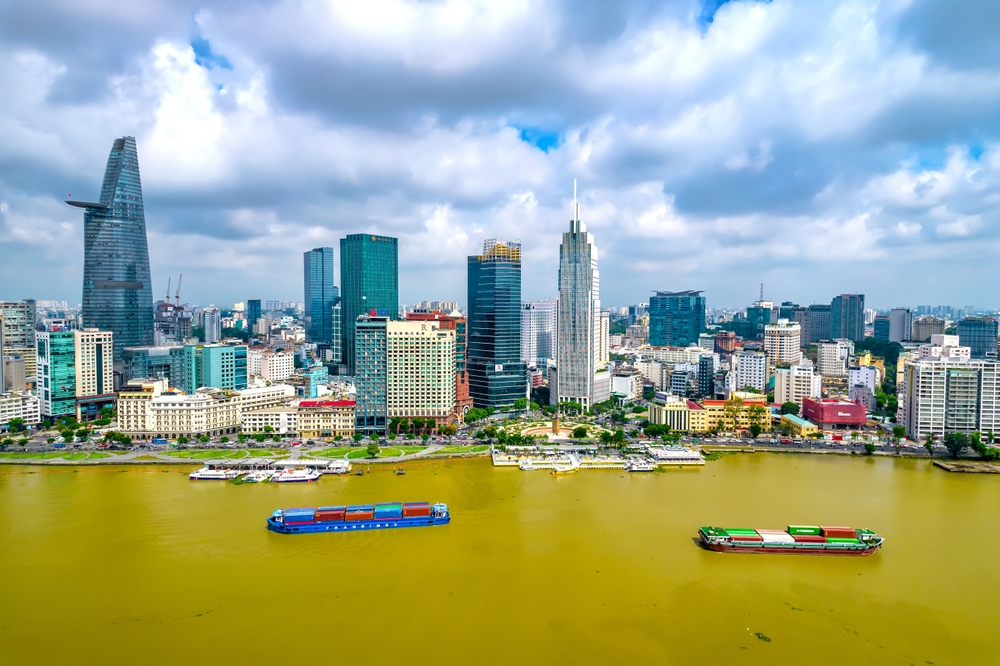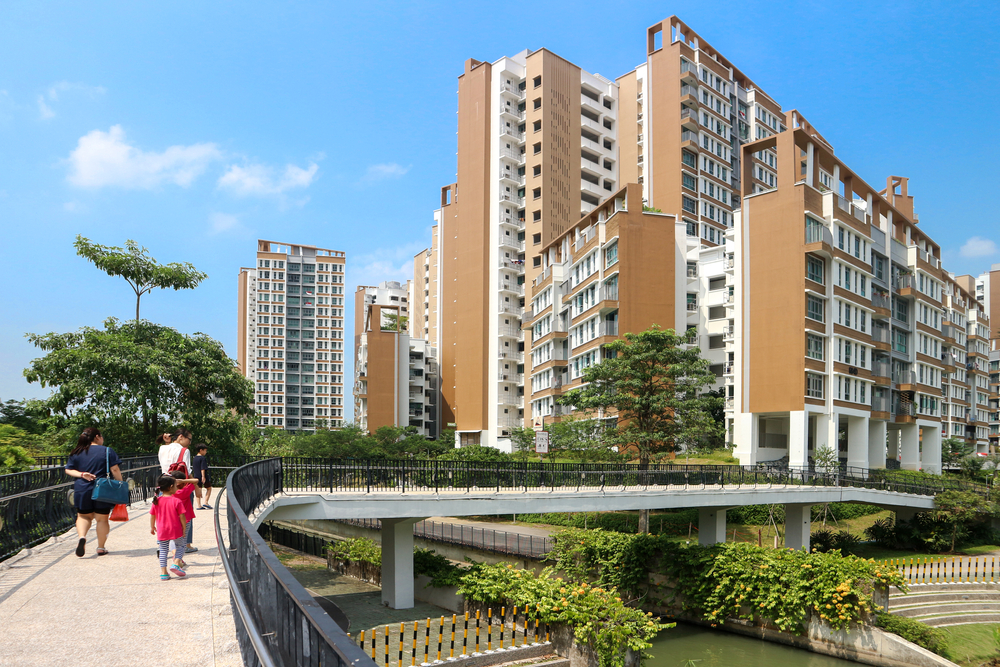New dawn fades: A promising year for Southeast Asia
Post-pandemic optimism around Southeast Asia has given way to concerns over inflation, currency depreciation, and rising interest rates. Yet 2023 should see most of the region finally surpass pre-pandemic market levels

This year was supposed to spell recovery for Southeast Asia’s previously booming real estate markets after the deep freeze of the pandemic. Yet the Ukraine conflict and associated inflationary pressures, along with a deepening Chinese property crisis, have stifled long-awaited rebounds to leave sentiment cautious in many parts of the region ahead of 2023.
In September, house prices in China’s largest cities fell for the 13th straight month, according to central government data. And although a GDP growth of 3.9 percent beat analysts’ estimates for the third quarter, the figure was still way down on Beijing’s annual target of 5.5 percent for 2022. A norm-defying third term for Chinese President Xi Jinping indicates a continued focus on security over the economy for Asia’s largest economy. But will the Year of the Rabbit prove more prosperous than that of the Tiger?
Nearby Southeast Asia has remained heavily exposed to China’s real estate regression, producing threats and opportunities which have tied into a challenging global economic climate.
With Chinese property speculators no longer guaranteed returns at home, growing numbers have sought refuge overseas with the ASEAN region a prime destination.
Some observers believe that China won’t fully reopen until the third quarter of 2023. But they expect mounting enquiries from speculators in the period leading up to that time
Australia took the number-one spot from Thailand this year in terms of most popular destinations for Chinese buyers, but ASEAN nations remain hugely sought-after.
A key associated problem: city-wide pandemic lockdowns in China have further eroded confidence—and spending—in China’s domestic economy, spurring citizens to seek returns overseas while remaining trapped from doing so in the case of cities including Shanghai earlier this year
The big question regarding Chinese demand for Southeast Asian property is when will China fully reopen. Some observers believe that it won’t be until the third quarter of 2023. But expect mounting enquiries from speculators in the period leading up to that time.
For many developers, realtors, and property sellers, this spells good news amid recent negative global economic pressures.

In Thailand, the prospect of growing numbers of Chinese property investors has come amid a wider debate about foreign land ownership following decades of restrictions. A new regulation introduced by the Thai government in September means foreigners can now buy up to one rai, or 0.16 hectares, if they invest at least 40 million baht (USD1.1 million) in Thai property, securities, or funds over at least three years, a move likely to benefit Chinese buyers as the most dominant overseas contingent. A potential spanner in the works is the fact the opposition Pheu Thai Party, which leads polling ahead of elections due in Thailand next year, opposes the legal change.
Signs of a recovery in Thailand’s residential real estate sector remain similarly confused. Demand has picked up since the first quarter, says Bangkok-based DDProperty. But it is fueled by a sharp drop-off in supply as sellers wait to list and developers stall opening sales as prices continue to slide.
Interest rates could dampen real estate sentiment heading into 2023 as Thailand seeks to control inflation which reached close to 8% in August, its highest rate in 14 years. At the end of September, the Thai central bank raised the base rate for the second straight quarterly meeting by 0.25 points to one percent while leaving open the possibility of further hikes.
“The committee is ready to adjust the size and timing of policy normalisation should the growth and inflation outlook shift,” says Piti Disyatat, secretary of the central bank’s Monetary Policy Committee.
Rising base rates have come as an unexpected dampener on real estate markets across the region in 2022, a response designed to contain inflation fueled by the Ukraine conflict and prop up struggling local currencies amid a resurgent US dollar.

Each of ASEAN’s 10 member states has raised rates this year in a bid to tackle inflationary pressure with the Philippines being the most aggressive, increasing the benchmark rate from two percent in May to 4.25 percent by September. The Philippines real estate market has ranked among the most buoyant in the region in 2022 with CBRE in mid-year confirming a sustained post-pandemic recovery fueled by soaring demand. The jury is still out on whether rising rates would put a significant brake on the buoyant Manila market going into 2023.
In Malaysia, as in many countries in the region, inflation peaked in August reaching 4.7 percent. Knock-on price rises on building materials remain the key factor holding back a post-pandemic recovery in Malaysia’s real estate sector, said Zulhkiple Bakar, managing director and principal owner of Perunding ZAB, an engineering and structural design company based in Kuala Lumpur.
“Some developers are down to single-digit profits,” sa says Bakar, citing rising costs for eroding bottom lines in the industry. “The fact that there are still several new launches being held back shows the property market is still recovering.”
Like Thailand and Cambodia, Malaysia faces a general election next year, and associated political risks and uncertainty, adds Bakar.

In Vietnam, domestic politics and knock-on effects from the Chinese real estate crisis have contributed to rising uncertainty in a real estate sector accustomed to higher-than-average rates which—as with the rest of the region—have ticked upwards this year.
In October, the detention of a high-profile real estate figure, represented the latest move in an expanding anti-corruption drive impacting a growing portfolio of real estate developments, particularly in the main economic hub Ho Chi Minh City.
Some foreign investors in Vietnam’s property sector have had to exit deals—despite months of work and negotiations—after discovering local partners have been implicated in anti-corruption investigations.
“For companies listed overseas this is an automatic red flag,” says Fred Burke, senior advisor of US law firm Baker McKenzie in Ho Chi Minh City.
Hanoi has attempted to tackle bad debt in the real estate sector in moves that echo restrictions imposed in China last year as large developers including Evergrande Group began to face defaults on debt.
In late October, the National Assembly’s Economic Committee signaled further efforts to clean up the property sector by warning some real estate companies were still suffering from “unhealthy financial positions” with high levels of debt which could cause difficulties in bond payments. Misuse of bond capital was causing a loss of trust among investors it says in a statement. “The government is suddenly realising they do have to tighten things up,” says Burke.
Amid such uncertainty, Vietnam is set to record the highest GDP growth in East Asia this year at 7.2%, according to the World Bank. Avoiding a sharp slide in economic growth, as China witnessed in 2022, may depend on whether Hanoi can stem similar property-related pitfalls next year.
Cambodia condo market suffers
Rents for condominiums, in recent years a key growth sector for Cambodia’s emerging property sector, recorded a downturn in the third quarter with China’s real estate problems and wider growth economic slowdown cited as a key brake on investment by CBRE’s Phnom Penh office. Overall market signals were described as mixed by CBRE following a slight improvement in occupancy rates at offices while the hotel and tourism property segment recorded significant growth.
Cambodia was among the first countries in the region to fully open after the pandemic with tourism rebounding as a key economic driver for the local economy. However, the return of international tourists to famous sites including Angkor Wat has coincided with a property crisis in China, which the Cambodian economy has become increasingly reliant upon in recent years. In Phnom Penh, the retail property market has been notably buoyant with the opening of three new malls in the capital: K Mall, 60M Community Mall, and Chip Mong 271 Mega Mall. Aeon Mall has announced plans to open a third venue in the Cambodian capital by the end of the year as the country continued a recent trend of embracing large shopping spaces.
Indonesia sees pre-sales growth stall amid rising rates
Pre-sales of new residential units were expected to slow during the remainder of 2022 resulting in overall annual growth of between just zero and 5% in 2022, a significant slowdown compared to 35% recorded the previous year, says Fitch Ratings. Although the ratings agency cited the Eid Islamic holiday as a key dampener on pre-sales during the second quarter, the final weeks of the year were forecast to see an enduring stagnation in pre-sales which drive developer revenues and profits—and fund future projects. Fitch said that Indonesian interest rate hikes were partly the cause for the weakening performance of the sector. In late October, the Indonesian central bank announced a 50-point rise in the base rate to 4.75%, in turn spurring the highest mortgage rates since the pandemic in a bid to bolster the rupiah. Fitch said that about half of all home pre-sales in Indonesia are funded by mortgages, while inflation which hit a seven-year high of nearly 6% in September has caused weakened demand in the property sector. At the end of September, the government ended a sales tax rebate for finished homes which was also expected to dampen demand for new home purchases in the fourth quarter.

Singapore rents soar after new property curbs
Singapore recorded a jump in rents for apartments in September compared to a year earlier after it tightened home loan limits in a bid to curb runaway prices in the market. The measures, designed to increase affordability for home buyers, have resulted in soaring rents. The problem is not expected to improve until the city-state completes 17,000 new private houses aimed at alleviating supply issues, a rise from the 14,000 such units completed in 2022. Rents have increased for 21 consecutive months in Singapore despite strict lockdowns last year amid the global pandemic. Singapore remains locked in a national debate about how best to tackle spiraling housing costs amid one of the highest standards of living in the world. New measures to tackle the high prices and supply problems include a new restriction whereby private homeowners must now wait 15 months before they can move to resold public housing flats, the most affordable units on the local market.
The original version of this article appeared in Issue No. 175 of PropertyGuru Property Report Magazine. Write to our editors at [email protected].
Recommended
Why everyone is moving to Selangor and Johor: Malaysia’s real estate comeback
Malaysia’s upturn in fortunes is especially prevalent in secondary destinations such as Selangor and Johor
Penang’s silicon boom: How the US-China tech war is supercharging local real estate
Penang’s booming semiconductor industry has created ripples within the local real estate sector
New leader, new opportunities: How Hun Manet is shaking up Cambodia’s real estate game
Hun Manet is overseeing decent economic growth and widening access to the country’s real estate market for foreigners
Singapore embraces inclusive housing reforms amid resilient demand
The Lion City’s regulatory strength continues to exert appeal for international investors








